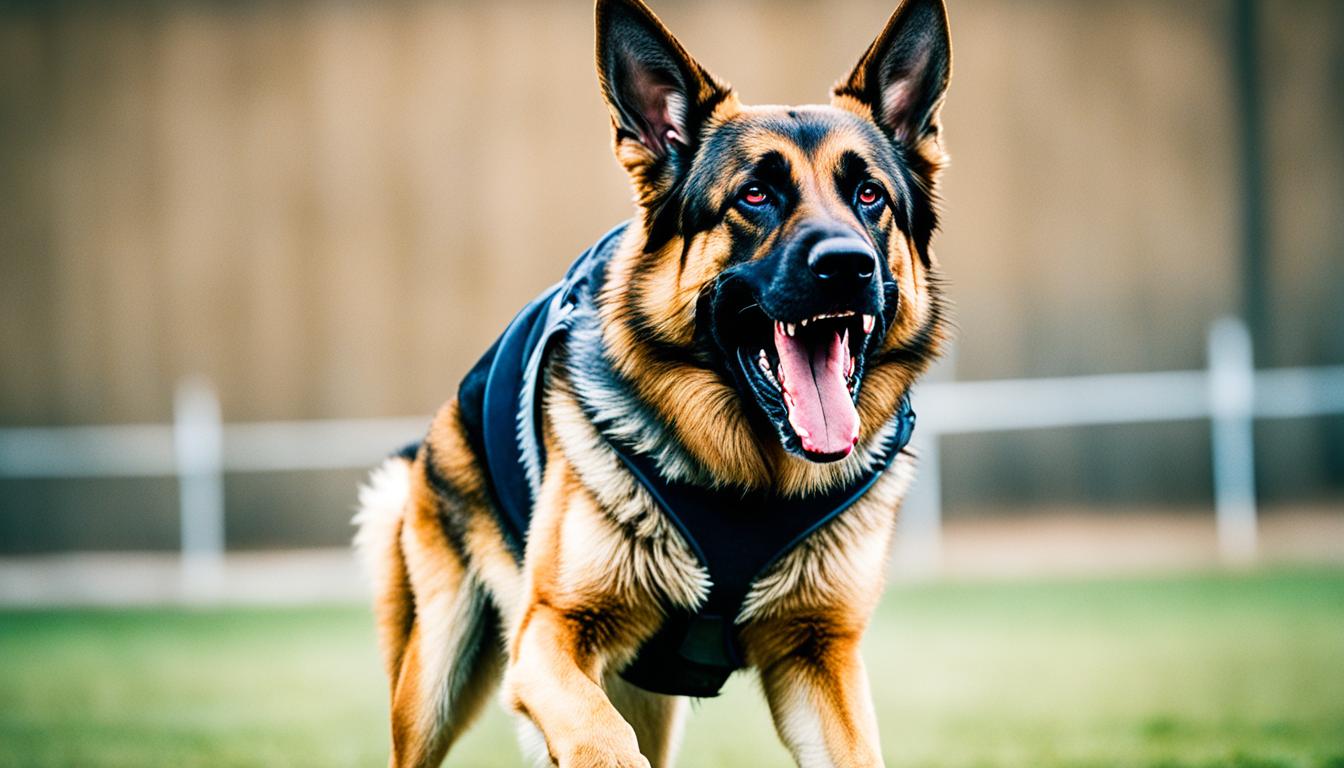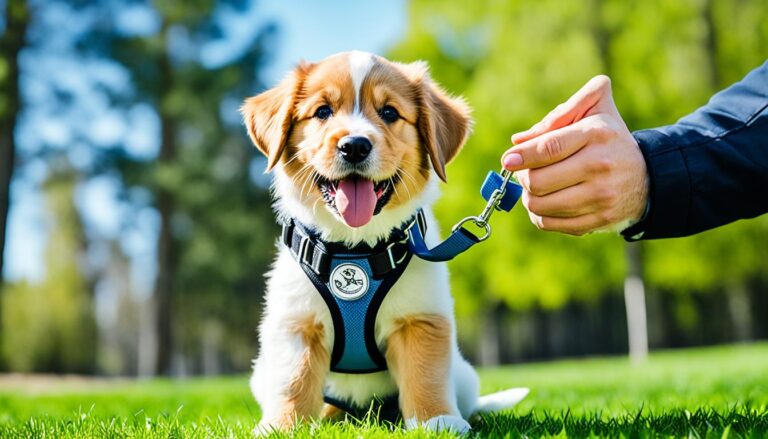Understanding When German Shepherd Attack Behavior
Did you know that German Shepherds are among the breeds with a higher prevalence of bites? According to research by the American Veterinary Medical Association, understanding the signs of aggression in German Shepherds is crucial for ensuring the safety of both humans and other animals.
German Shepherds, known for their loyalty and protective nature, may exhibit various signs of aggression, such as growling, barking, snapping, and biting. Aggression in German Shepherds can be triggered by factors like feeling threatened, territorial instincts, or pain. It’s important to note, however, that not all German Shepherds are naturally aggressive, and aggression can be influenced by factors such as training, socialization, and genetics.
While they are often loving and loyal companions, it’s crucial to be aware of the potential risks associated with German Shepherd attacks. To prevent these incidents, it is essential to provide proper training, socialization, and care for these dogs.
How to Prevent German Shepherd Attacks
Preventing German Shepherd attacks requires proactive measures and responsible ownership. By understanding the triggers for aggression and implementing appropriate training and socialization, you can minimize the risk of potential attacks. Here are some strategies to prevent German Shepherd attacks:
- Begin training early: Start obedience training and socialization from a young age to establish positive behaviors and create a well-rounded German Shepherd.
- Enroll in professional training classes: Seek guidance from professional trainers who specialize in German Shepherds. They can provide expert advice on obedience, aggression management, and control.
- Ensure proper socialization: Expose your German Shepherd to various people, animals, and environments to promote confident and non-aggressive behavior.
- Provide mental and physical stimulation: Engage your German Shepherd in regular exercise, play, and mental enrichment activities to prevent boredom and frustration that could lead to aggression.
- Secure your property: Install secure fencing and gates to prevent your German Shepherd from roaming freely and potentially escalating confrontations with strangers or other animals outside your property.
- Practice responsible ownership: Properly leash your German Shepherd when outside, and always supervise interactions with unfamiliar individuals and dogs.
- Be alert to signs of aggression: Learn how to recognize warning signs of potential aggression, such as raised hackles, a tense body posture, or intense staring.
- Neuter or spay your German Shepherd: This can help reduce aggression influenced by hormonal factors.
Remember, prevention is the key to avoiding German Shepherd attacks. Implementing these strategies and seeking professional guidance can significantly reduce the likelihood of your German Shepherd becoming aggressive towards humans or other animals.
German Shepherd Attack Statistics and Safety Measures
While German Shepherds can be loving and loyal companions, it is crucial to be aware of the potential risks associated with their aggression. German Shepherd attacks can result in serious injuries and even fatalities.
According to various sources, including reports and studies, German Shepherds have been involved in a significant number of bite incidents. These incidents highlight the importance of understanding and managing the aggressive tendencies of this breed to ensure everyone’s safety.
To mitigate the risks, it is essential to educate ourselves about German Shepherd aggression and implement appropriate safety measures. One way to gain valuable insights is by watching German Shepherd attack videos, which can provide a visual understanding of their behaviors and help identify potential warning signs.
Additionally, a German Shepherd attack survival guide can offer valuable tips and strategies for preventing and handling aggressive situations. This guide typically covers training techniques, socialization methods, and responsible ownership practices that can reduce the likelihood of attacks.
FAQ
What are the signs of aggression in German Shepherds?
Signs of aggression in German Shepherds can include growling, barking, snapping, and biting. These behaviors may be exhibited when the dog feels threatened, territorial, or in pain.
Do all German Shepherds exhibit aggressive behavior?
No, not all German Shepherds exhibit aggressive behavior. Aggression can be influenced by factors such as training, socialization, and genetics. Nevertheless, it is important to be aware of the potential risks associated with their aggression.
Are German Shepherds involved in a significant number of bite incidents?
Yes, according to various reports and studies, German Shepherds have been involved in a significant number of bite incidents. However, it is essential to understand that individual cases may vary, and not all German Shepherds will exhibit aggressive behavior.
How can I prevent German Shepherd attacks?
To prevent German Shepherd attacks, it is important to provide proper training, socialization, and care for these dogs. Additionally, responsible ownership and proactive measures such as using secure leashes and muzzles, avoiding potential triggers, and seeking professional help when needed, can help prevent attacks.
What are the safety measures I can take to avoid German Shepherd attacks?
Some safety measures to avoid German Shepherd attacks include maintaining a secure and enclosed environment, utilizing obedience training, regular exercise, and proper socialization. It is also important to educate yourself about their behavior, recognize warning signs, and seek professional guidance if needed.
Are German Shepherd attacks on humans common?
German Shepherd attacks on humans can occur, but their prevalence may vary depending on various factors. While German Shepherds can be loving and loyal companions, it is crucial to be aware of the potential risks associated with their aggression and take necessary precautions to prevent attacks.







